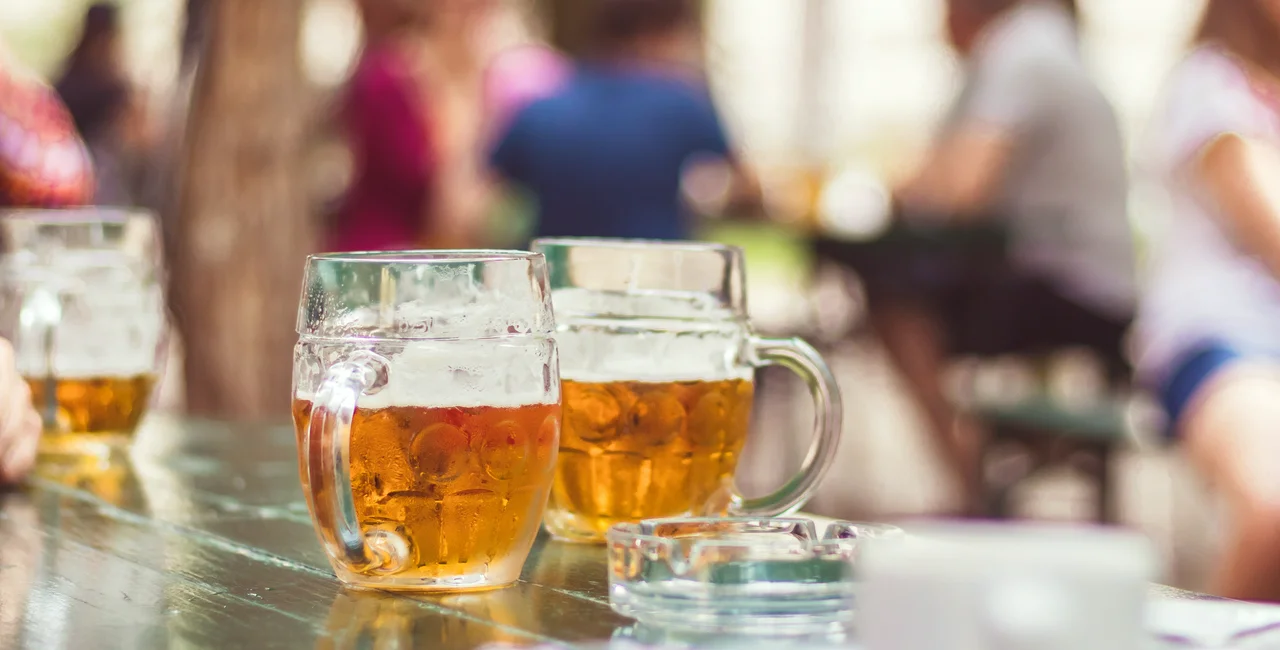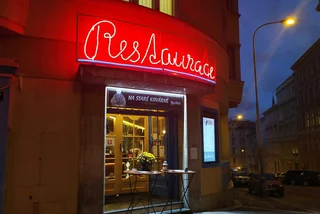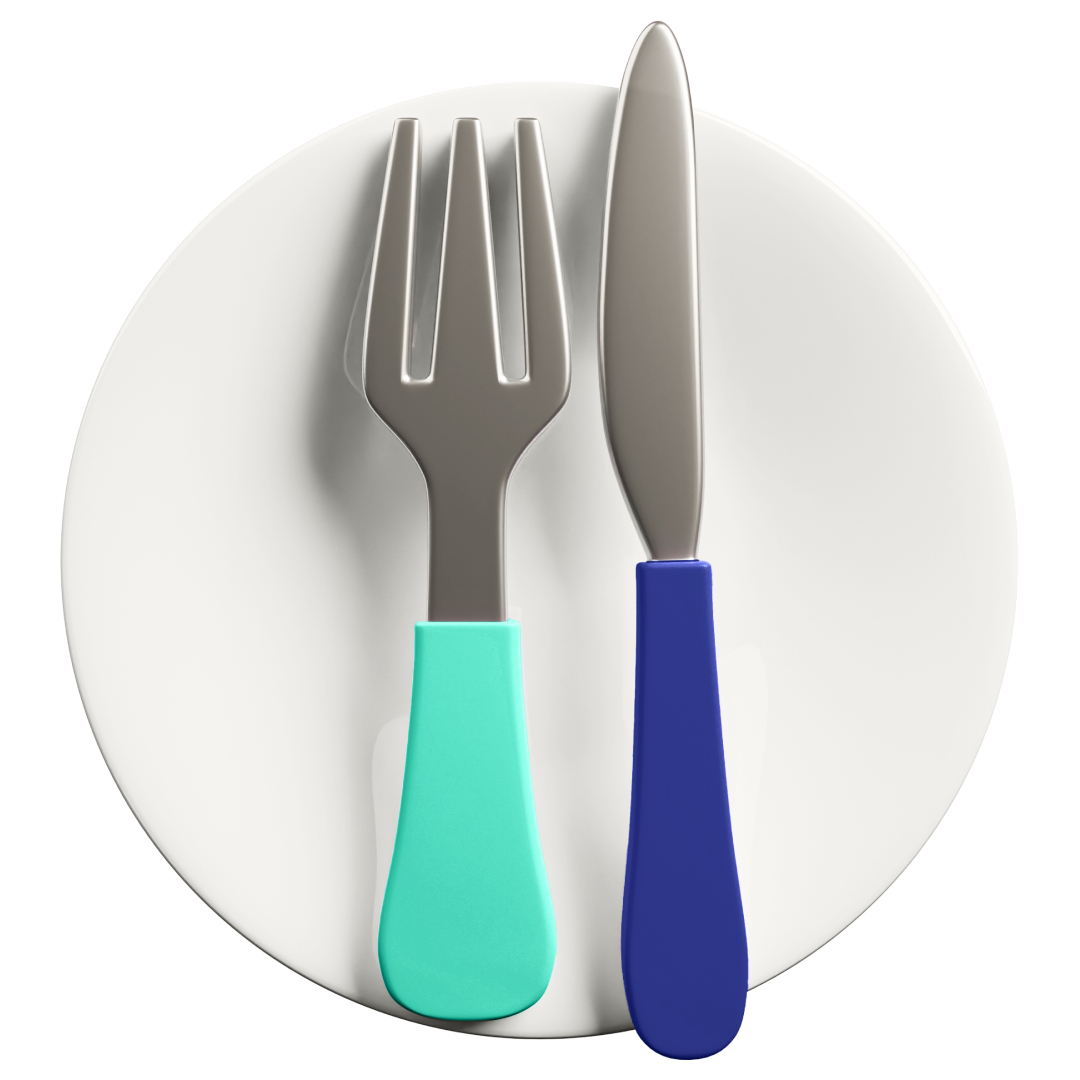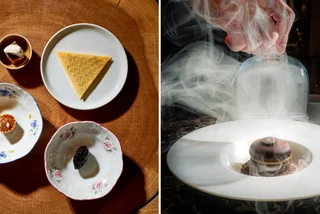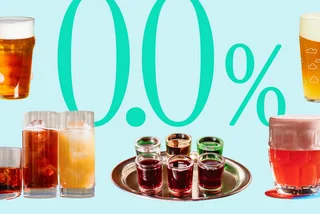Food and beverage prices will rise significantly in Czech pubs and eateries, once beer gardens and restaurant interiors are allowed to reopen.
Restaurants and pubs that survived the crisis will need to make up for some of their losses over the past year if they are to continue to operate, industry experts said. The culinary industry experienced losses in sales estimated at over CZK 100 billion so far due to the pandemic.
“There is no other way. Prices will increase by leaps and bounds. Initially, according to our knowledge, by an average of 10 percent, during the year by 15 to 20 percent,” Luboš Kastner, co-owner of the restaurant network Hospodska, told daily Lidové noviny (LN).
Kastner is also the culinary industry representative at the Association of Small and Medium-Sized Enterprises and Crafts (AMSPŽ).
People will probably be willing to accept higher prices, as they saved money during the pandemic since there were limited places to spend it. Data from the Czech National Bank (ČNB) show that savings on household accounts increased by an average of almost CZK 27,000 per capita from March 2020 to February 2021. This is about four times the amount people have been able to save per year in the previous 20 years.
BH Securities chief economist Štěpán Křeček said a price increase of more than 10 percent can be expected at the beginning.
How much more are you willing to pay in a restaurant?
“People will be very interested in visiting restaurants, at least initially. We saw this, for example, in the example of Britain. … And also there is a certain solidarity of the guests,” Křeček told LN. He also said that culinary establishments would be facing increased costs, and this was confirmed by people in the industry.
Tomáš Prouza, president of the Czech Confederation of Commerce and Tourism (SOCR ČR), said that paying workers would become more expensive.
“There is a lack of less-qualified auxiliary forces on the market, including people from abroad, and innkeepers will have to attract local people with higher wages,” Prouza told LN.
Prices of beer from breweries are also likely to increase to make up for the losses that brewers have experienced. While sales of bottled beer for home consumption helped to offset to some of the losses of sales at pubs and restaurants, overall beer consumption in 2020 dropped to 135 liters per capita, the lowest level since the 1960s, and seven liters fewer than in 2019.
Beer production last year fell 6.9 percent to 20.1 million hectoliters, down from a record 21.6 million hectoliters in 2019.
Higher prices have recently been seen for bottled and canned beer, and the prices of kegs for restaurants are expected to increase by autumn.
Some entrepreneurs said the price increases might not be so stiff. Václav Vojíř, co-owner of Bugsy's Bar in Prague among other establishments, said it was not fair to penalize customers due to the government's poorly conceived compensation plans.
“It will depend on how many companies survive and reopen. If there is as strong competition as before Covid, it will slow down the price increase. Certainly not everyone will be more expensive right away,” Vojíř told LN.
Price increases might also not be so high in pubs in villages, since people there have the alternative of having barbecues in their gardens if the pub becomes too expensive.












 Reading time: 2 minutes
Reading time: 2 minutes 